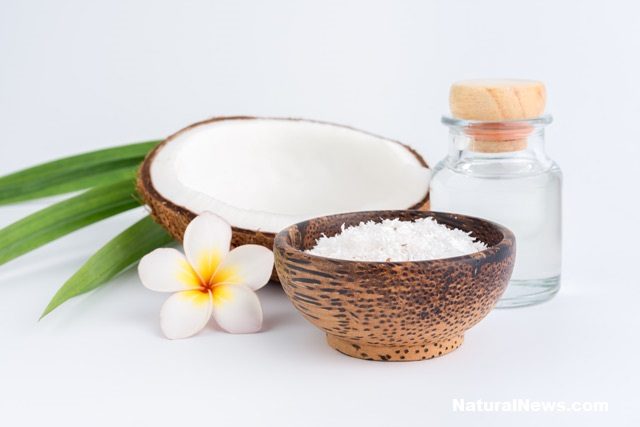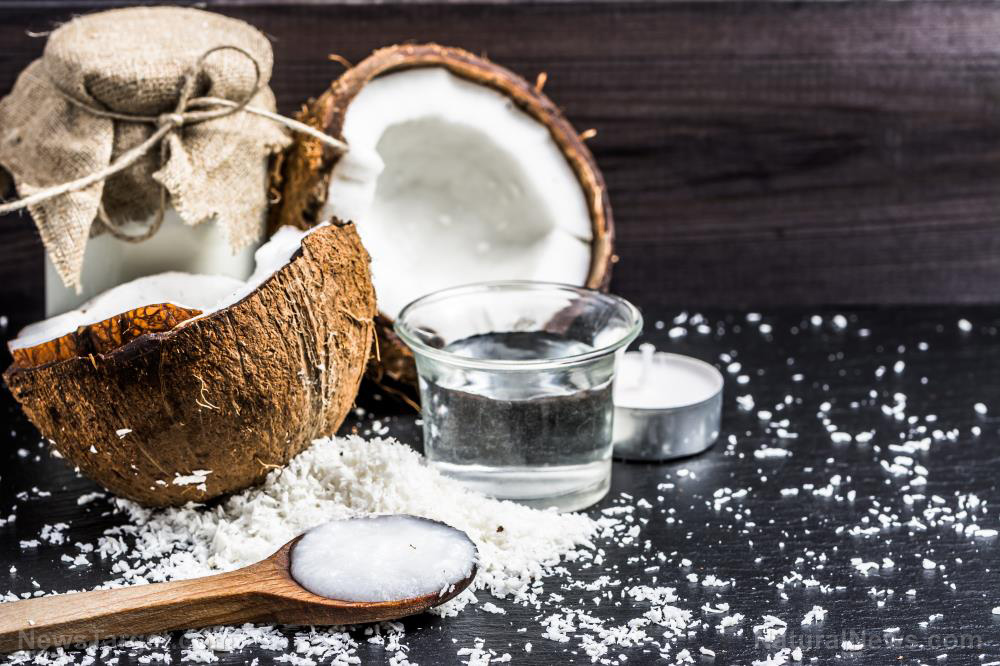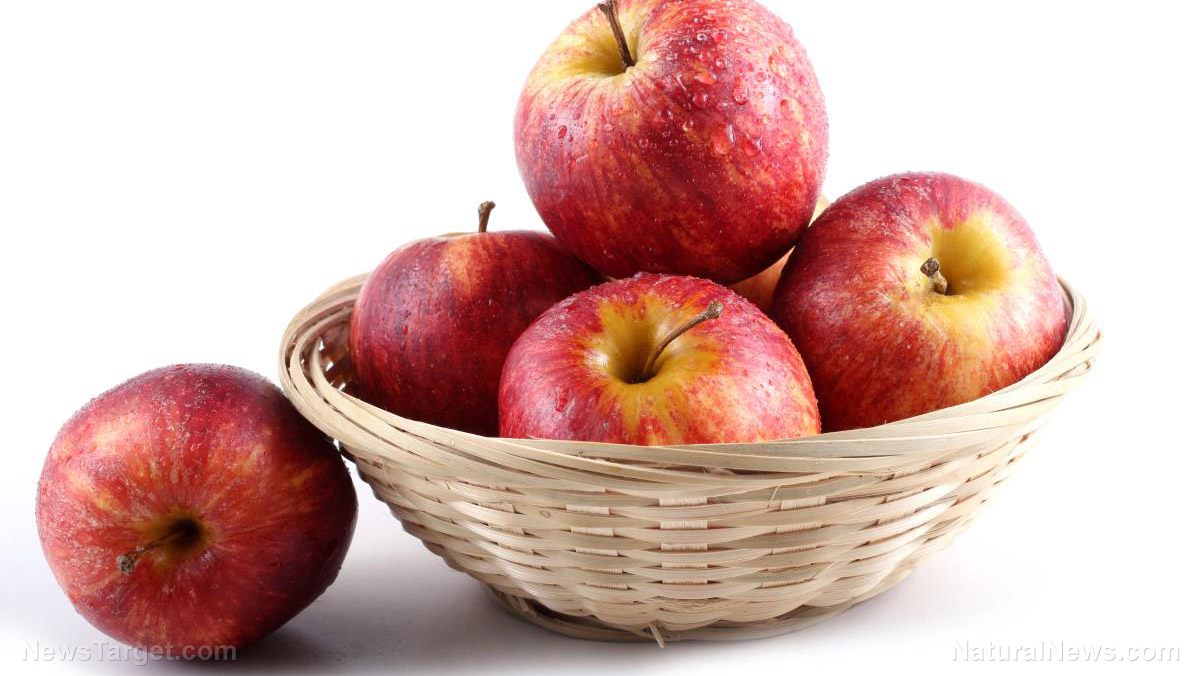Why blueberries should be a staple in your diet
11/08/2018 / By Ellaine Castillo

Sometimes, people have to learn to appreciate the little things in life since these can bring about unexpected benefits. Take blueberries for example. Do not be fooled by the small size; this fruit is packed with numerous nutrients.
Many people can easily recognize blueberries because of their characteristic blue color, but what most people don’t know is that the compound responsible for its unique appearance is actually a potent antioxidant called anthocyanin. This compound works to reduce inflammation and protect the cells from damage by scavenging highly reactive free radicals. The majority of the health benefits that can be gained from blueberries are associated with its antioxidant activity. Still, there are many other beneficial compounds found in this fruit, including vitamin C, vitamin B6, minerals, and fibers.
Below is a list of other benefits associated with blueberries. Consuming them regularly can:
- Reduce the risk of chronic diseases — Chronic diseases such as diabetes, heart disease, and cancer affect more than 40 percent of the American population. It is estimated that this number will continue to grow through the years. One of the easiest ways to reduce the risk of chronic disease is by eating blueberries since these antioxidants reduce inflammation and neutralize free radicals, which are key drivers in the development of such diseases.
- Improve brain health — The brain enjoys many benefits from eating blueberries. One of these is the protection of brain cells against free radical-induced damage. Antioxidants also promote blood circulation and enhance cell signaling. These biological activities have a synergistic effect that leads to a reduced risk of cognitive decline and dementia.
- Promote healthier heart conditions — People who eat blueberries have improved heart health since the antioxidants help regulate blood pressure and prevent the oxidation of cholesterol. Moreover, this fruit is also rich in minerals like potassium and calcium that are necessary for maintaining normal blood pressure.
- Prevent skin damage — The vitamin C in blueberries is essential for collagen to be able to protect the skin from damage and reduce the presence of wrinkles.
- Increase energy — The soluble and insoluble fibers in blueberries can give people a much-needed energy boost. These nutrients work by reducing the rate of digestion so that there is a steady supply of sugar to the bloodstream that can be utilized as energy for longer periods of time.
- Regulate blood sugar — High-fiber diets help lower the blood sugar levels of patients suffering from both types of diabetes. Furthermore, eating blueberries also reduces the risk of diabetes by at least seven percent.
It’s no wonder that blueberries have been granted superfood status since there are so many health benefits associated with it. By incorporating blueberries into your diet, getting healthy will become much more enjoyable. (Related: If blueberries were pharmaceuticals, they would be hailed as the greatest “miracle” health breakthrough in the history of medicine.)
Sources of anthocyanins
Many fruits besides blueberries, as well as certain vegetables, are rich in anthocyanins – and they are also easy to identify because of their unique colors. If blueberries aren’t accessible to you, here are some other food sources of anthocyanins:
- Eggplants
- Blackcurrants
- Blackberries
- Cherries
- Cranberries
- Red grapes
- Red onions
- Strawberries
- Oranges
- Raspberries
Learn more about blueberries and other superfoods containing anthocyanins by visiting Superfoods.news.
Sources include:
Tagged Under: anthocyanins, blood sugar, Blueberries, brain health, chronic diseases, diabetes, food is medicine, functional food, grocery cures, heart health, natural remedies, organics, prevention



















